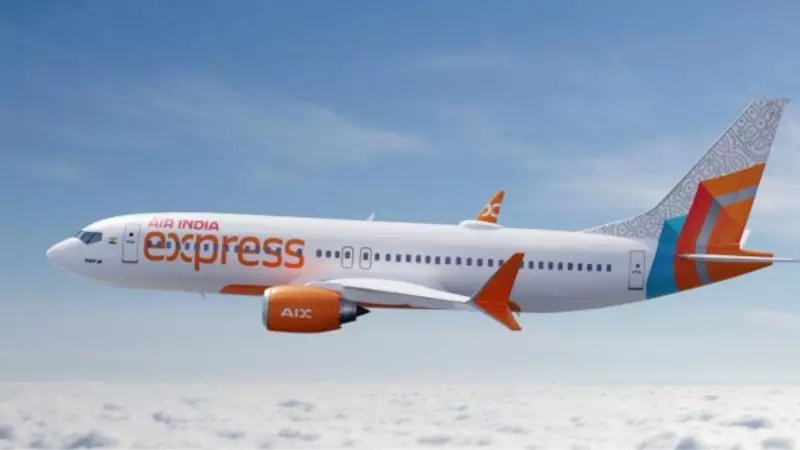
In an unexpected turn of events, an Air India flight traveling from Delhi to Seoul was forced to make an emergency landing in Mongolia, leaving over 200 passengers stranded overnight in challenging conditions.
The flight, operating as AI-333, encountered a technical issue mid-air that prompted the crew to initiate a precautionary landing procedure. The aircraft safely touched down at Chinggis Khaan International Airport in Ulaanbaatar, Mongolia, but what followed was an ordeal that tested passengers' patience and resilience.
The Stranding Experience
Passengers found themselves in a difficult situation as they were confined to the aircraft for approximately six hours after landing. The extended wait was compounded by limited food supplies and inadequate facilities, creating significant discomfort for everyone on board.
One passenger described the experience as "extremely challenging," noting that the basic amenities were insufficient for the extended stay. Another traveler expressed frustration over the lack of clear communication from airline officials about the resolution timeline.
Rescue Efforts Underway
Air India has confirmed that a rescue flight has been dispatched from Delhi to address the situation. The replacement aircraft is expected to transport the stranded passengers to their original destination in Seoul, though the timeline for departure remains uncertain.
An airline spokesperson stated: "We are making all necessary arrangements to ensure our passengers reach Seoul safely. We understand the inconvenience caused and are working to resolve the situation as quickly as possible."
Broader Implications
This incident raises important questions about airline preparedness for emergency situations in remote locations. The challenges faced by passengers highlight the need for better contingency planning and improved passenger care protocols during unexpected diversions.
As aviation authorities monitor the situation, passengers and their families await updates on when normal travel schedules will resume and what compensation might be offered for the significant disruption to their journey.





